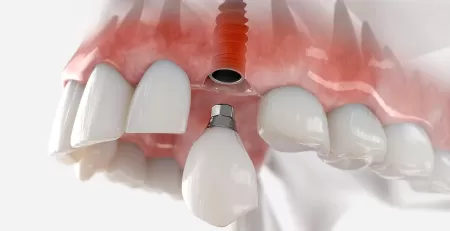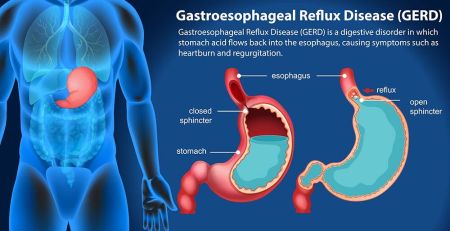How Does Yogurt affect my teeth?
Did you know? On average, a single cup (254 grams) of low-fat yogurt contains 45 grams of sugar. Consequently, this equates to 11 teaspoons!
To put this into perspective, under health.org, men’s suggested daily sugar intake is no more than nine teaspoons (36 grams). For women, the recommendation is lower, at six teaspoons (25 grams).
Sugar attracts harmful bacteria in the mouth that cause tooth decay. Increasing sugar intake with poor oral hygiene advances bacteria that destroy tooth enamel.
Yogurt is a popular and nutritious food that many people enjoy. Not only is it a good source of protein, calcium, and probiotics, but it also offers numerous health benefits. However, it’s important to understand the potential effects of yogurt on your teeth regarding oral health.
Yogurt Acidity
One of the main concerns with yogurt is its acidity. Like other acidic foods and beverages, yogurt can contribute to enamel erosion if consumed excessively or over a prolonged period. The acid in yogurt can weaken the protective enamel layer of your teeth, making them more susceptible to cavities and sensitivity.
However, it’s essential to note that yogurt’s acidity can vary depending on the type and brand. Some yogurts, particularly flavoured or sweetened varieties, have higher acidity due to added sugars and flavourings. On the other hand, plain unsweetened yogurt typically has a lower acidity level.
To minimise the potential negative effects of yogurt on your teeth, here are some tips to keep in mind:
- Choose plain unsweetened yogurt: Plain yogurt without added sugars can help reduce acidity levels and minimise the risk of enamel erosion.
- Enjoy in moderation: While yogurt can be a part of a healthy diet, it’s important to consume it in moderation and not overindulge. This allows your teeth time to recover from the acid exposure.
- Use a straw: When consuming flavoured yogurt or yogurt-based smoothies, using a straw can help minimise contact between the yogurt and your teeth, reducing the potential for enamel erosion.
- Practice good oral hygiene: Brushing your teeth with fluoride toothpaste after consuming yogurt can help remove any residual acids and maintain good oral hygiene.
- Visit your dentist regularly: Regular dental check-ups are crucial for monitoring your oral health and addressing any potential concerns before they become more serious.
The Benefits of Yogurt

While yogurt’s acidity can potentially affect teeth, the overall benefits for overall health outweigh the potential risks. By making informed choices, practising good oral hygiene, and maintaining a balanced diet, you can enjoy the nutritional benefits of yogurt while safeguarding your dental health.
With yogurts containing less sugar or Sugar-Free, research has found that yogurt can benefit oral health.
Sugar-Free yogurts containing probiotics are commonly referred to as a “superfood” by dieticians:
- As yogurt contains high quantities of calcium, which helps strengthen bones, this can also help improve your teeth. Calcium assists in maintaining bone density.
- Yogurts contain rich probiotics (active cultures), known to have good bacteria. The bacteria within the probiotics can help fight harmful bacteria in the mouth and gums.
- Sugar-free yogurts help reduce oral acidity. Decreased oral acidity helps break down harmful bacteria that may cause cavities.
At Amazing Smiles, our experienced dentists help you maintain optimal oral health. If you have concerns about how yogurt or other foods may affect your teeth, we encourage you to schedule a consultation with our dental professionals. Together, we can develop a personalised plan to help you maintain a healthy smile while enjoying the foods you love.




